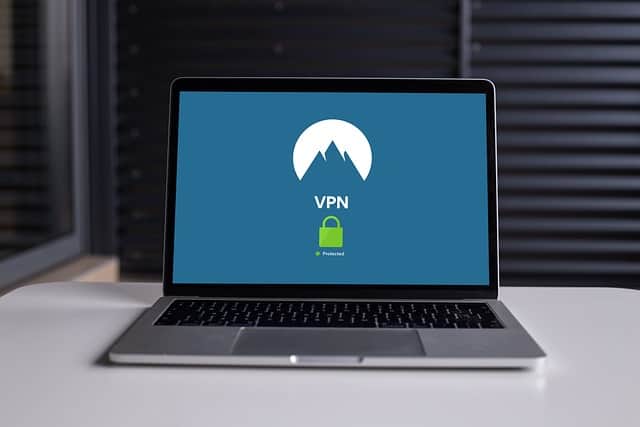With an increased focus on personal security, people often wonder if paying for an using a virtual private network (VPN) makes sense when accessing the Internet.
While there can be benefits from using a VPN, it’s worth noting potential downsides as well:
- Slower internet speeds: VPNs encrypt internet traffic and routing it through a remote server, which can result in slower internet speeds.
- Security risks: Some VPNs may not have adequate security measures in place, leaving users vulnerable to hackers and malware. You may end up with a false sense of Internet security rather than a real one.
- Privacy concerns: While VPNs are often used to increase privacy, some VPNs may collect and share user data with third parties, compromising privacy.
- Legal issues: The use of VPNs may be restricted or illegal in some countries, and using a VPN in these countries could result in legal consequences.
- Interference with other software: Some VPNs may interfere with other software or services on a device, causing issues or conflicts.
- Website access problems: Some websites won’t allow you to connect via a VPN so it’ll mean disabling the VPN to use the website. If you must use a VPN to connect to a certain website if it’s stipulated (by your employer for example) this can be a problem related to point #4 if you happen to be in a country that doesn’t allow VPN usage full stop.
- Hassle: Some websites make you go through an extra step to access their website when they see you’re using a VPN as they may assume you’re a bot or other bad actor. If you’re logging in to a website, it might assume you’re a hacker and either lock you out or make you go through an extra step to login. This often involves being emailed a confirmation link to click or some other method that may be too bothersome, especially if it happens regularly.
- Geographic quirks: If you’re using a VPN from another country, your search engine results can be skewed toward that country’s and you’ll probably also notice ads showing up from that country too rather than local ones. If you have a service like Netflix and use your VPN, you’ll be accessing that country’s library, not your home country’s.
It’s worth noting that VPNs can be useful in some cases, but it’s important to weigh the potential risks and benefits before deciding to use one.
VPN alternatives to consider
There are several alternatives to using a VPN that can help protect your privacy and security online:
- Proxy servers: A proxy server acts as a middleman between your device and the internet, routing your traffic through a different IP address.
- Tor: The Tor network routes your internet traffic through multiple volunteer-run servers, making it difficult to trace your activity.
- Secure Socket Layer (SSL) and Transport Layer Security (TLS): SSL and TLS are used to encrypt and secure communications between web browsers and servers.
- Secure Shell (SSH) Tunneling: SSH Tunneling allows to encrypt and tunnel network traffic through an SSH connection.
- Smart DNS: Smart DNS service can help you to access geo-restricted content by masking your location.
It’s worth noting that each alternative has its own pros and cons, and it’s important to research and compare them before deciding which one to use.


